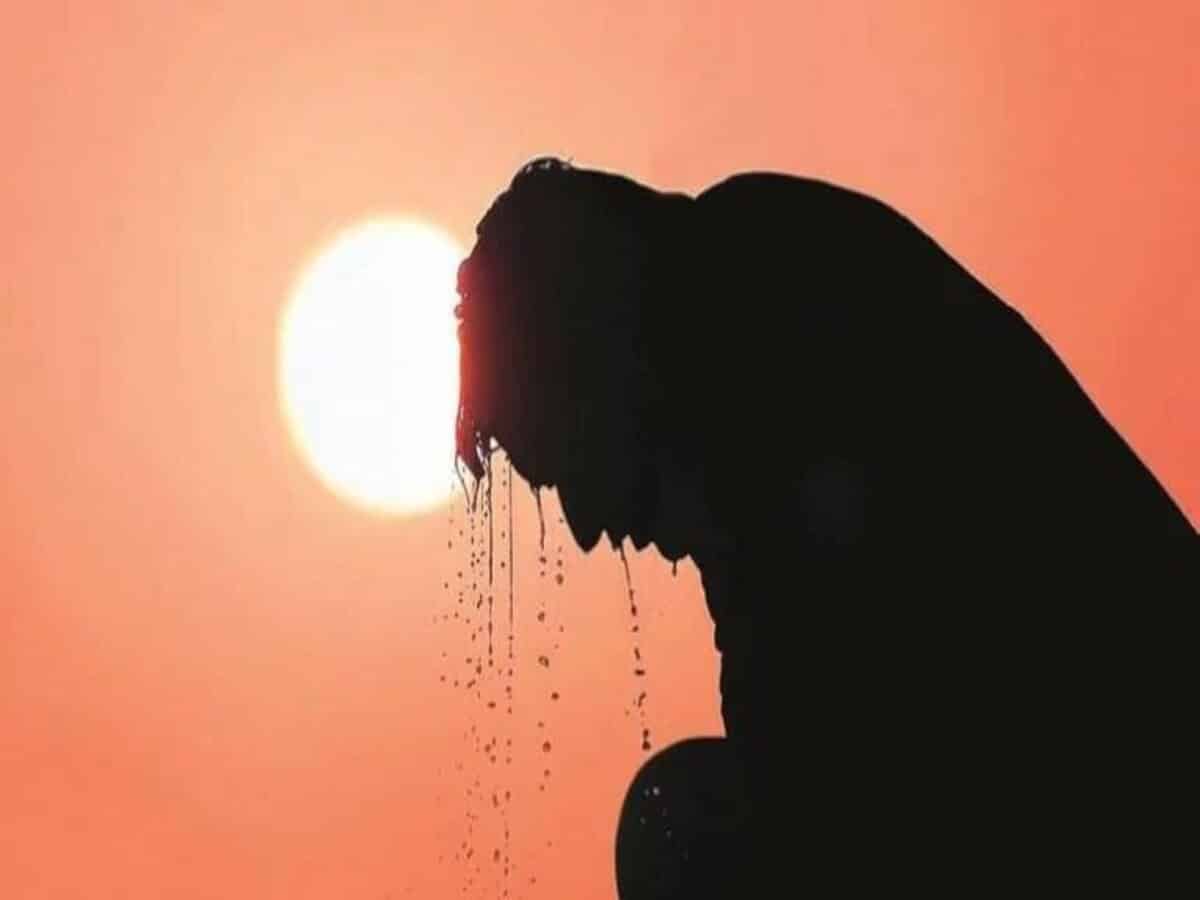
Bengaluru: Amidst the relentless surge in temperatures across various regions of Karnataka, concerns over heat-related illnesses have gripped people, with reports of heatstroke incidents on the rise.
Official sources have cited a staggering total of 521 cases of heatstroke, with unfortunate fatalities reported in Bagalkote and Kalaburagi districts since the onset of March.
According to recent statistics, districts such as Chikkaballapur, Bagalkote, Chitradurga, and Mandya have witnessed a surge in cases attributed to heatstroke, numbering 102, 69, 56, and 54 cases, respectively.
The Karnataka State Natural Disaster Monitoring Center (KSNDMC) has underscored the severity of the situation, noting that Kalaburagi district recorded an average maximum temperature of 42.7 degrees Celsius, indicative of the widespread impact of scorching temperatures.
Throughout the state, approximately 75 per cent of the geographical expanse has witnessed temperatures ranging between 36 to 42 degrees Celsius, with certain pockets in Kalaburagi, Yadagiri, and Raichur districts registering even higher temperatures, ranging between 43 to 45 degrees Celsius.
Thursday saw 12 regions across Karnataka recording soaring temperatures, with forecasts suggesting a continuation of this heatwave phenomenon until June. Notable figures include Koppal at 41.8 degrees Celsius, Bagalkote at 41.1 degrees Celsius, and Kalaburagi at 42.8 degrees Celsius, among others.
In a bid to address the escalating situation, meteorological agencies have anticipated light rainfall in districts such as Chamarajanagar, Kodagu, and Ramanagara, while cautionary advisories have been issued for areas like Bagalkote, Gadag, Kalaburagi, Koppal, and Bellary districts.
With the intensifying heatwave prompting concerns for public health and safety, the Karnataka State Disaster Management Authority (KSDMA) has issued a series of guidelines to mitigate risks.
These include staying indoors during peak temperatures, particularly between noon and 3 p.m., opting for light-coloured cotton clothing, and utilizing sunglasses, umbrellas, and hats for protection against the sun’s rays.
Furthermore, the advisory recommends staying hydrated with cooling drinks, while avoiding caffeinated, carbonated, and alcoholic beverages known to exacerbate dehydration. Given the adverse effects of prolonged sun exposure, including dizziness and fatigue, individuals are urged to seek medical attention promptly if feeling unwell.
